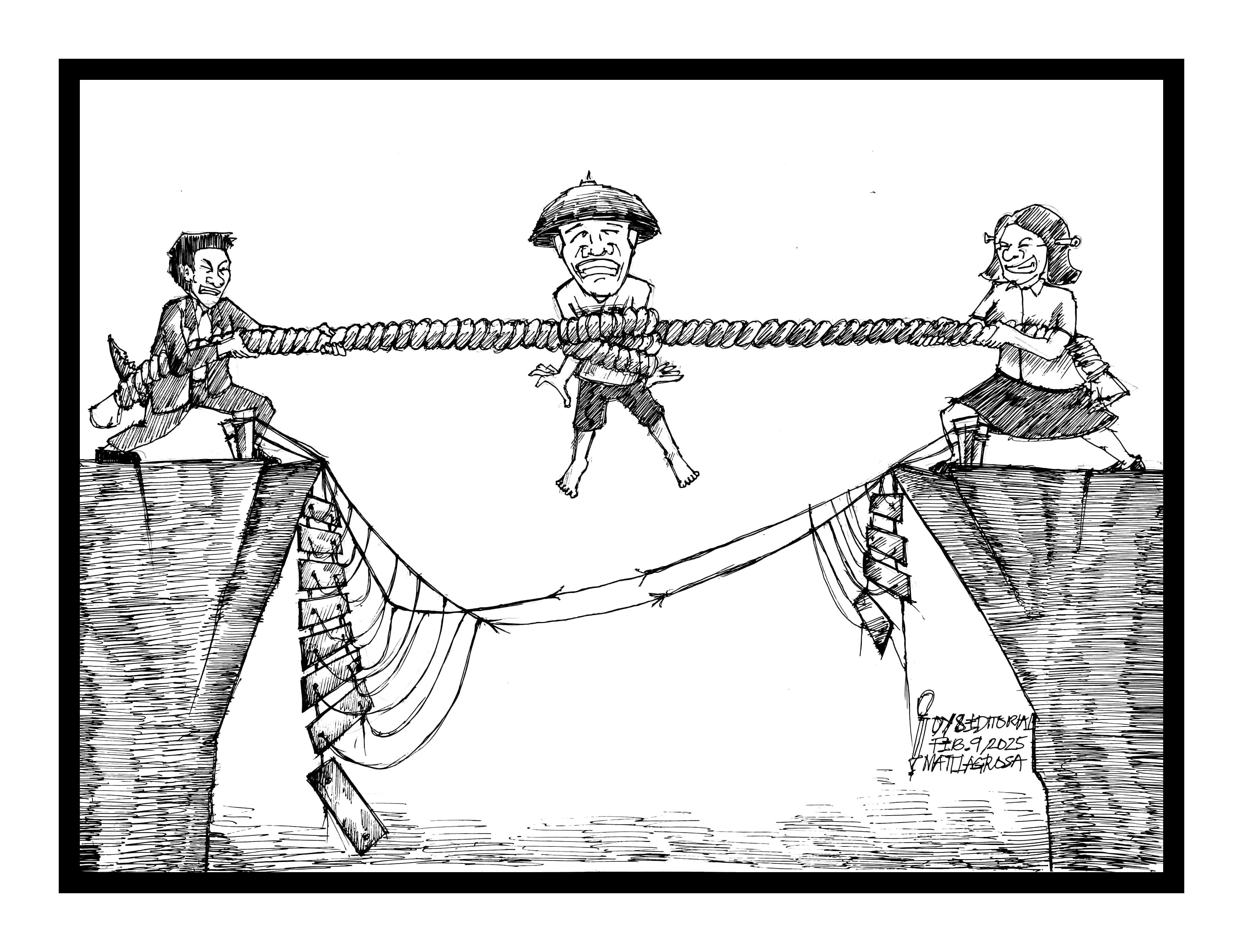The increasing factionalism within our government has become a pressing concern that threatens not only the efficacy of policy-making but also the very fabric of our democracy. As political factions prioritize partisan agendas over the common good, the repercussions are felt at every level of society, leading to a disillusioned public and a fractured nation.
Factionalism can create an environment where cooperation is an exception rather than the norm. Legislative gridlock becomes the standard, with critical issues—such as healthcare, education, and climate change—left unaddressed. This stagnation breeds frustration among citizens, who witness their needs being sidelined by endless squabbles over party loyalty, rather than productive governance. The public increasingly feels that their voices are drowned out, resulting in a loss of faith in democratic institutions.
Moreover, the divide among factions often leads to misinformation and polarization. As factions compete for dominance, they may resort to fear-based rhetoric and divisive narratives that misinform the public. This not only breeds hostility between different segments of society but also undermines rational discourse, leading to a populace increasingly intolerant of differing viewpoints.
As citizens grapple with the fallout of such disunity, we risk fostering apathy and disengagement from the political process. When the public believes that their participation in democracy is futile, voter turnout declines, and civic responsibility diminishes, effectively eroding the foundation of our democracy.
In this time of discontent, it is essential for leaders to transcend factional interests and prioritize the collective welfare of the nation. A recommitment to collaboration, transparency, and a focus on the needs of the constituents is crucial. Only then can we hope to heal the divisions and reinvigorate the public’s trust in their government, paving the way for a more united and effective society.
#WeTakeAStand #OpinYon #OpinYonNews #Editorial
